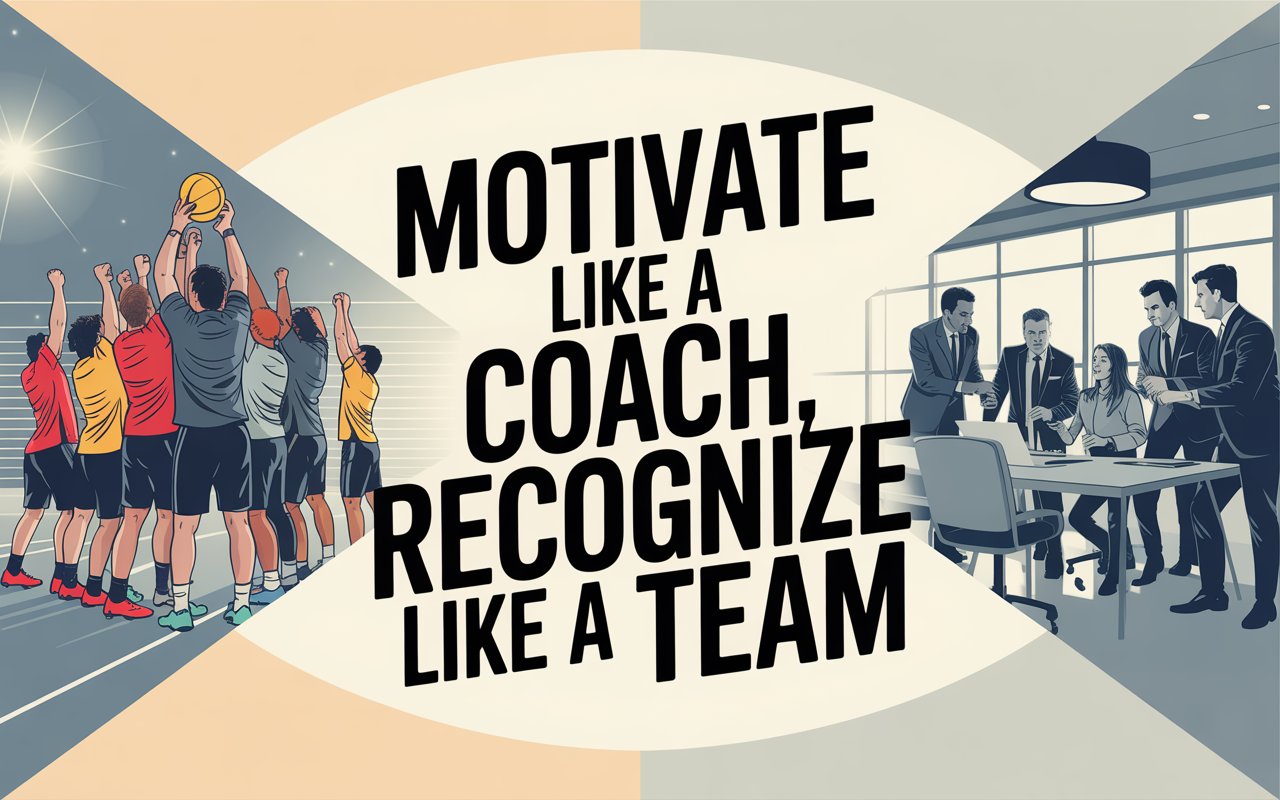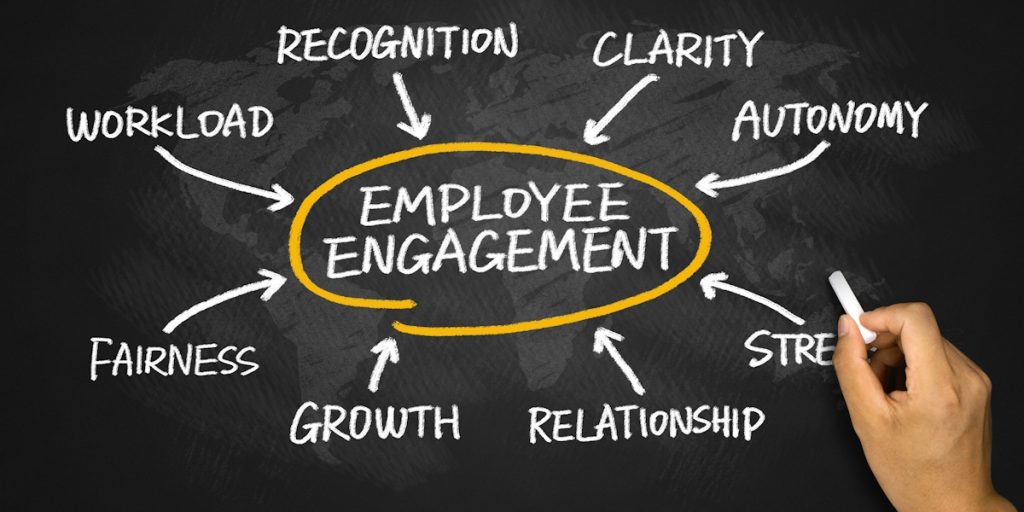When you think about sports teams, one of the first things that comes to mind is teamwork, strategy, and the drive to win. Every player has a role, and their efforts are constantly recognized—whether it’s a pat on the back from a coach, applause from the crowd, or a spot in the starting lineup. This culture of recognition and support doesn’t just help players perform better—it builds a strong, unified team. Businesses can learn a lot from this approach when it comes to employee motivation.
Employee motivation plays a key role in productivity, engagement, and retention. Just like athletes thrive on feedback and appreciation, employees also need encouragement and recognition to stay committed and perform at their best. Drawing parallels from sports teams can give leaders new ways to build a motivated workforce and a healthier work culture.
Lessons from Sports Teams That Apply to the Workplace
Strong Teams Win Together
In any successful sports team, players don’t work in silos. They train together, support one another, and focus on shared goals. This same approach applies to the workplace. When employees feel like part of a team and see how their individual efforts contribute to the company’s goals, they are more likely to stay engaged.
Team building lessons from sports include communication, mutual respect, and accountability. Acknowledging each team member’s contributions—whether big or small—helps build trust and encourages consistent performance. These actions, though simple, are key to strengthening the entire organization.
Recognizing Employee Achievements Like a Coach
Coaches constantly look for ways to keep their players motivated. They highlight achievements in team meetings, reward consistency, and offer one-on-one feedback. In the same way, managers should provide timely recognition for their employees.
This can be done through structured programs like Employee Recognition systems, or even informal praise during meetings. Recognition doesn’t need to be expensive or elaborate—it just needs to be sincere and specific. Recognizing efforts reinforces positive behavior and increases job satisfaction.
Building a Culture of Motivation
Motivation doesn’t come from a paycheck alone. Just like athletes are motivated by trophies, team spirit, and personal growth, employees are driven by appreciation and a sense of belonging. Building a culture that celebrates small wins and values contributions helps maintain energy and focus throughout the year.
Using workplace motivation techniques, such as peer-to-peer recognition, team challenges, or performance shoutouts, keeps everyone involved. These techniques can transform the workplace into a more connected and motivated space, where people genuinely enjoy being part of the team.
Leadership Lessons from Coaches and Captains
Inspire, Don’t Just Instruct
Great sports leaders do more than just give orders—they inspire action. They set examples through their behavior, attitude, and dedication. Similarly, in the corporate world, leadership isn’t just about assigning tasks; it’s about motivating employees by showing empathy, fairness, and clarity.
Leadership lessons from sports teams include building trust, providing feedback, and being emotionally aware of your team’s needs. When employees feel heard and supported, their performance and morale improve naturally.
Feedback Is the Real MVP
Feedback in sports is immediate, clear, and constructive. Whether it’s from a coach during practice or a teammate during a game, it helps players adjust and improve. In business, regular feedback is just as valuable. It helps employees understand what they’re doing well and where they can improve.
Clear, kind, and frequent communication can replace confusion with confidence. When feedback becomes part of the culture, employees feel more connected and confident in their roles.
Creating Your Own Winning Workplace
Team Spirit Over Competition
In sports, healthy competition builds stronger teams. The same idea applies in the office. Encouraging friendly challenges—like monthly goals, team awards, or collaboration contests—can boost morale and engagement. However, it’s important to keep the focus on learning and growth, not rivalry.
Rewarding High Performance at Work
Like athletes receiving awards, certificates, or public praise, employees also benefit from performance-based rewards. Recognize top performers during team calls, publish leaderboards, or let peers vote for monthly shoutouts. These are simple but effective ways to maintain high motivation levels.
Final Thoughts
Motivated employees are the heart of any successful company. Sports teams show us that with the right mix of recognition, support, and teamwork, individuals perform better and teams grow stronger. Whether you’re managing a corporate team or coaching a group of athletes, the principles remain the same.
Take inspiration from sports leaders. Cheer your employees on, recognize their hard work, and create a space where everyone feels like a valuable player on the team. After all, when people feel valued, they give their best.
Are You Recognizing Your Employees The Way Top Coaches Recognize Their Teams?




